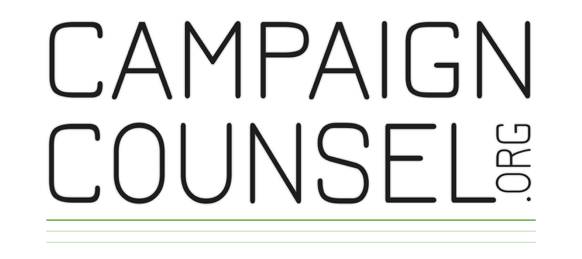What are the Biggest Indicators of Capital Campaign Success or Failure?
Our team at CampaignCounsel.org has been leading more free capital campaign workshops recently. This is great news. It indicates that nonprofits with substantial infrastructure and programmatic needs are getting back in the fundraising business.
In one of our recent workshops, a participant asked a great question: “What do you see as being the biggest indicators of capital campaign success or failure?”
The obvious answer is money. If we, capital campaign consultants, can’t find sufficient philanthropic support for a project, then it’s bound to fail. But that isn’t the right answer, at least not in our experience. Yes, money is almost always an issue, but it’s not the best indicator of your campaign’s potential success or failure.
The Best Indicator of Capital Campaign Success
The best indicator of capital campaign success or failure is found within the leadership of your administrators and board of directors. Good leaders can overcome almost any obstacle, and we’ve seen some doozies! Take for example a $20 million campaign we were managing for a new cancer center. The obstacle came when we learned that the hospital’s foundation director was arrested for embezzling money to pay for gambling debts. Sure, we had some dark days after this event, but the hospital’s CEO and board rallied behind the project and completed the campaign.
Most capital campaigns don’t experience this large an obstacle, but every campaign experiences some. The most common are changes in leadership, stalled fundraising, increases in project costs, economic downturns or, as we are all experiencing, a pandemic.
Capital Campaign Leadership Fortitude and Red Flags
There is no way to test leadership fortitude during a feasibility study, but a good consultant can help identify important indicators. To start, if your nonprofit has minimal capital campaign experience, insist that your consultant interview all your administrators and board members early in your feasibility study. The goal is to ensure they truly support the project, and that they understand the process of major-gift fundraising and that they will be expected to donate their time, talent and treasure to the effort.
Second, ask your consultant if she or he has identified any of the following “red flags” during their interviews:
Board Bullier: A long-time board member or administrator who forces their opinions on other leaders. A Board Bullier can shut down a campaign before it even starts or use a campaign to satisfy his or her ego.
Board Buy-in: Does your board on the whole agree that there is a genuine need to conduct a campaign?
Administration Buy-in: Same as above but pertaining to administrators.
Campaign Priority: Leaders should place the capital campaign in their highest tier of organizational priorities. If they do not, chances are high that the campaign will stall due to lack of attention.
Passing the Buck: Leaders should accept responsibility and accountability for the campaign’s success. All too often, leaders will expect the executive director or a well-connected board member to do most of the campaign solicitations.
Hoarding the Buck: This is when the executive director or well-connected board member does not share campaign solicitations with other leaders.
Most of the “red flags” that indicate a nonprofit’s leadership is not ready to initiate a capital campaign fall under one or more of these categories. Each can be identified during a feasibility study, but only if your consultant takes the time to have one-on-one discussions with every leader and has the experience to identify them.
The absence of these “red flags” is a good indication that your leadership is prepared for capital campaign success.
We hope you are returning to the business of fundraising as your nonprofit navigates new waters. Your communities need your good work now more than ever and fundraising makes that good work possible. If you are considering a capital campaign, explore our free capital campaign workshop and think about scheduling a session for your board leadership. The live, interactive event will prepare you and your board for your next steps and answer all your questions.
Or click now for more on capital campaign leadership or capital campaign stages.
Kevin Wallace is president of CampaignCounsel.org, specializing in capital campaign planning and management. Reach him by email or visit www.campaigncounsel.org.







